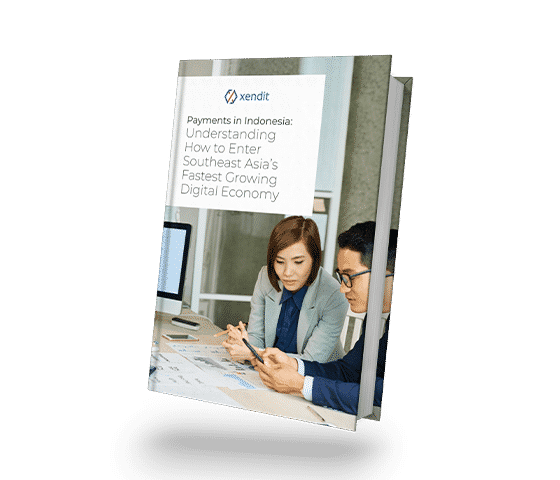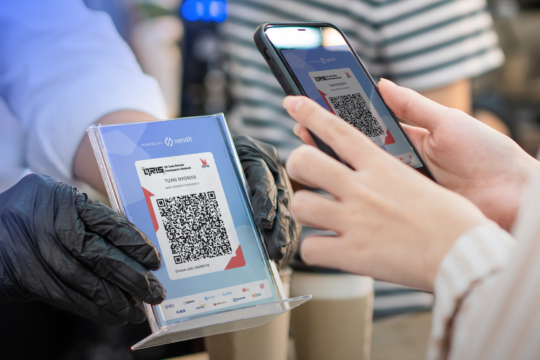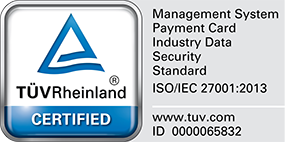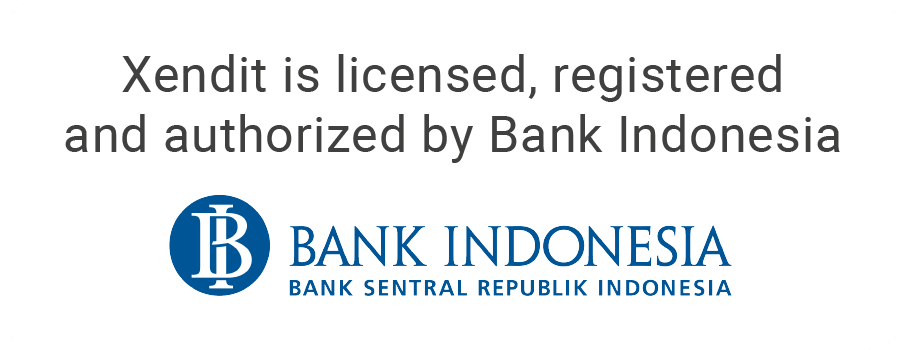The countdown ticker has started and we’re finally moving into a new decade. In just ten years alone, we witnessed sci-fi taking shape in our realities, from 3D printing, self-driving cars, real-life AI applications, and best of all, a picture of the black hole. With digitalization and globalization propelling communication, innovation and growth at light speed, companies looking to stay relevant in the next decade need to be on top of the latest business trends, or risk missing out on the future.
Trends do not happen in a vacuum and sometimes they can be predicted by looking at the past as well as our current state. In the past ten years, Indonesia has grown economically, technologically, and culturally in relation to itself as well as with the rest of the world. We have seen e-commerce booms and an explosion of local unicorn startups making its name on the global stage.
2020 will be a year of exponential growth, fuelled by the Indonesian government’s encouragement on the adoption of technology and greater connectivity than before. By looking at the current local business landscape, we have compiled a few business trends that companies should look out for in 2020.
Market Trends
Economy
Understanding where the country is headed economically will determine the next steps for companies that are players in the financial markets. Despite the global economy upended by the ongoing trade war between the United States and China, political turbulence in Hong Kong, as well as anti-globalization movements like Brexit in the United Kingdom, Indonesia has maintained stable economic performance in 2019. Bank Indonesia recently revealed in their 2019 Annual Meeting that the country’s economic growth will accelerate in 2020, notably in building investments, and is on a steady path on its goal of being a high-income nation by 2045.
For businesses, operating in Indonesia’s stable economic landscape allows for greater freedom and mobility to expand and take risks. Coupled with government policies to enhance payment systems, bolster digital transformation, and cultivate micro, small and medium enterprises (MSME), 2020 is a year of opportunities for businesses financially.
Job Market
2020 sees the first batch of generation Zs moving into the workforce, bringing with them new ideals, ethics, and lifestyle. Digital nomads – though not specific to this generation as we see this in generation Ys as well – are a new enclave of virtual workforce that takes up temporary residence in various hotspots around the world. One of which is Ubud, Bali. The quality of life, tropical weather and vibrant culture attract freelancers and entrepreneurs from different ends of the world. This pool of digital workers will grow as the rise of co-working spaces, co-living spaces, and the impending 5G connectivity continue to provide a flexible work environment, plenty of autonomy, and global network that suits their lifestyle.
The workforce as a whole will continue to be shaped by technology in 2020. As team collaboration software tools like Slack and Microsoft Teams become increasingly sophisticated, businesses will see higher engagement and greater efficiency among their workers. Alongside softwares and tools that support dynamic teamwork are those that also allow for greater customisation; artificial intelligence and machine learning will be able to analyse an employees’ work patterns and offer a more personalised work experience, such as optimising dashboard layout. Companies, too, will have greater access to personalised technological solutions to meet their business. Regardless of age and nationality, the global workforce is heading towards an age where digital fluency will be the new minimum requirement.
Industry Trends
E-Commerce
It comes to no one’s surprise that e-commerce is among one of the fastest growing industries in Indonesia, and there is no sign of it stopping soon. Google-Temasek’s research on SEA’s E-conomy predicts that the e-commerce market will reach USD53 billion by 2025. This reality is made possible by several different factors including but not limited to government support, digital-savvy consumers, increase in disposable income, and greater participation by MSMEs. The e-commerce race among giants like Tokopedia, Shopee, Blibli and Lazada, is an added bonus as the healthy competition will further drive the digital economy and fuel these companies to push for greater innovations.
As a country that is made up of many islands and access to physical retail stores hindered by either the physical remoteness of the people’s residence, or just bad traffic, there is a huge market for e-commerce particularly with on-ground delivery services like Grab and Gojek becoming an everyday commodity in major cities. However, the full potential of e-commerce in Indonesia cannot be reached unless the country overcomes its logistical challenges, mainly due to its geography. With more than 17,000 islands that make up the archipelago, Indonesia has been pushing for sea toll programs to improve maritime connectivity and commerce within and beyond the country. But the progress and implementation of the program has been slow due to inadequate port infrastructures, sea transport, and uncompetitive shipping rates. Until we hear better solutions and more concrete measures from the government of practical logistical operations and policies put in place, 2020 will be business as usual for the e-commerce market.
Fintech
The fintech industry started picking up speed towards the tail end of this decade. As of September 2019, there were 272 fintech players in Indonesia. Mobile payment service providers like Grab, OVO, and Moka have caught the attention of banks and other start-ups, and it has lead to an increase in partnerships and funding within the financial and digital ecosystem. For young consumers who prefer faster and more convenient alternatives to traditional banking transactions, and possess a complete fluency in navigating through the digital-scape, mobile payment systems adoptions will progressively increase.
Catcha Group predicts that Indonesia’s fintech industry will grow to USD54 billion by 2025, but with government support and some financial authorities’ vested interest, this number might be even greater. Bank Indonesia recently released their blueprint to build a sound digital economy and financial ecosystem called the Indonesia Payment Systems (IPS) Vision 2025, with one of their key initiatives to drive digital transformation and adoption in banks, and promote openness between banks and fintech through open API standards. Depending on negotiations from both sides, 2020 can open many doors for businesses in fintech.
Healthtech
Business trends for 2020 are tech-centric, even in the healthcare sector. The ever increasing demand for faster and better healthcare systems, and greater broadband connectivity, have contributed to the development of healthtech in Indonesia. Indeed, Indonesia attracted significant portion of investments in first half 2019 according to Galen Growth Asia, standing as the second largest market in Southeast Asia just behind Singapore.
Healthtech may not always be at the forefront of consumers’ minds, but they are no doubt revolutionary and play an even more significant role. The healthcare start-up scene in Indonesia is god-sent for a developing country with large portions of its residents in rural and isolated geographic areas. The healthcare industry faces a lack of doctors and access to information, products and services. With notable healthtech companies like Halodoc and Tanyadok offering online consultation services, and PesanLab assisting with laboratory bookings, patients across Indonesia will be able to have better access to medical information and treatments through their mobile devices. As the healtech sector continues to evolve and offer better, faster, and more diverse services, 2020 is starting to look like the year we can save more lives.
Might not happen in 2020, but possibly in the near future
5G
5G is a topic that has been lauded by every government bodies all over the world. The promise of high-speed connectivity and opening doors to IoT integrations, automations, and applied artificial intelligence is a welcomed one. But while consumers and smartphones are ready for 5G, our network infrastructures, telecommunications providers, and government are not. As the US-China trade war wages on, adopting 5G can be a politically sensitive move as well as an expensive one for both the government and consumers. Given the uncertainty of the government’s and consumers’ commitment to new technology, the full integration of 5G may not be just around the corner, but it’s certainly on the horizon.
Conclusion
There is no denying that the rise of artificial intelligence, machine learning, big data, and other technological breakthrough has paved new ways for companies and entrepreneurs to optimize and innovate their businesses, whether it be fintech, healthtech, logistics or anything within the realm of technology. But beyond the tech jargons we have picked up in the past decade, we have also become more human in our breakthroughs: green business in Indonesia is promising despite slow growth due to cheaper, non-renewable energy; social enterprises and CSR initiatives have surged forward in the past years, and our love for planet sparked global movements around the world. 2020 will be a year of anticipation – full of change, robots, and the unknown, but it will be one heck of a ride. Beam us up, Scotty.













